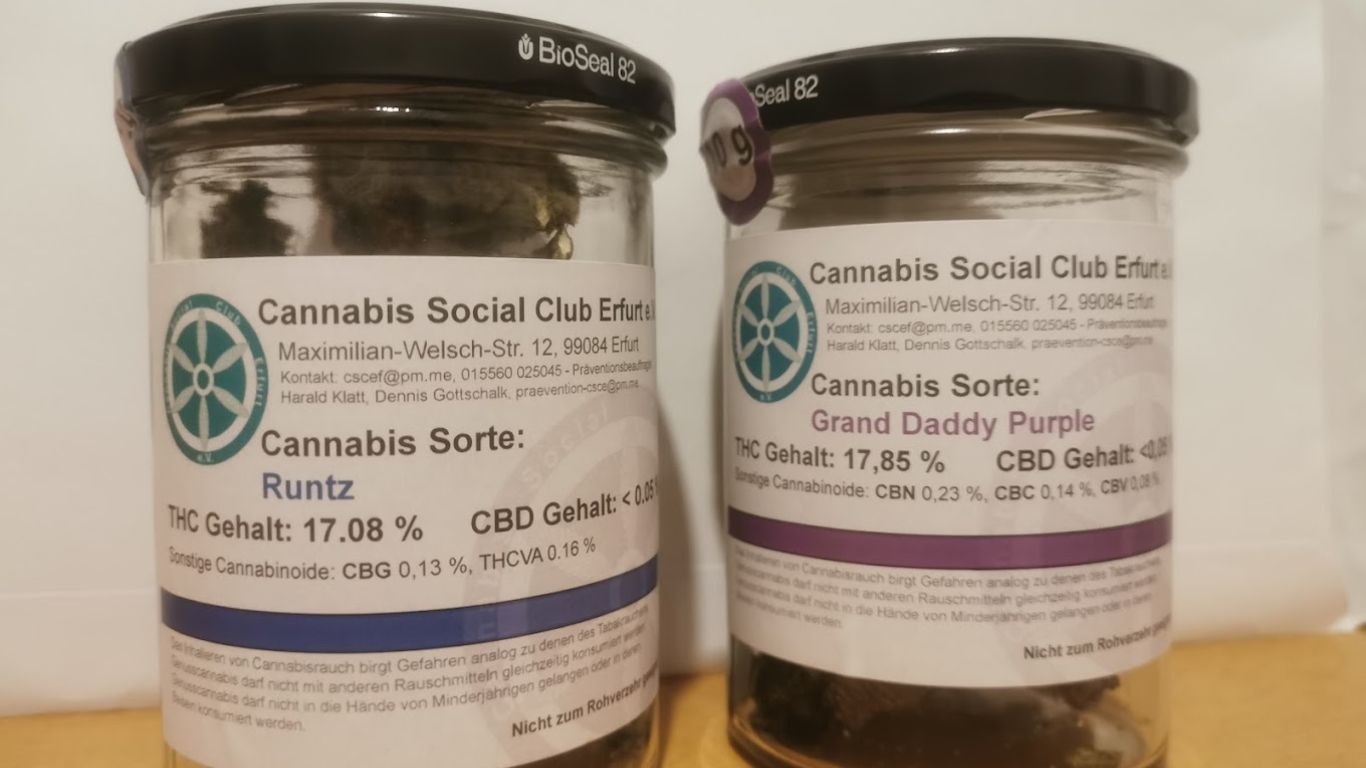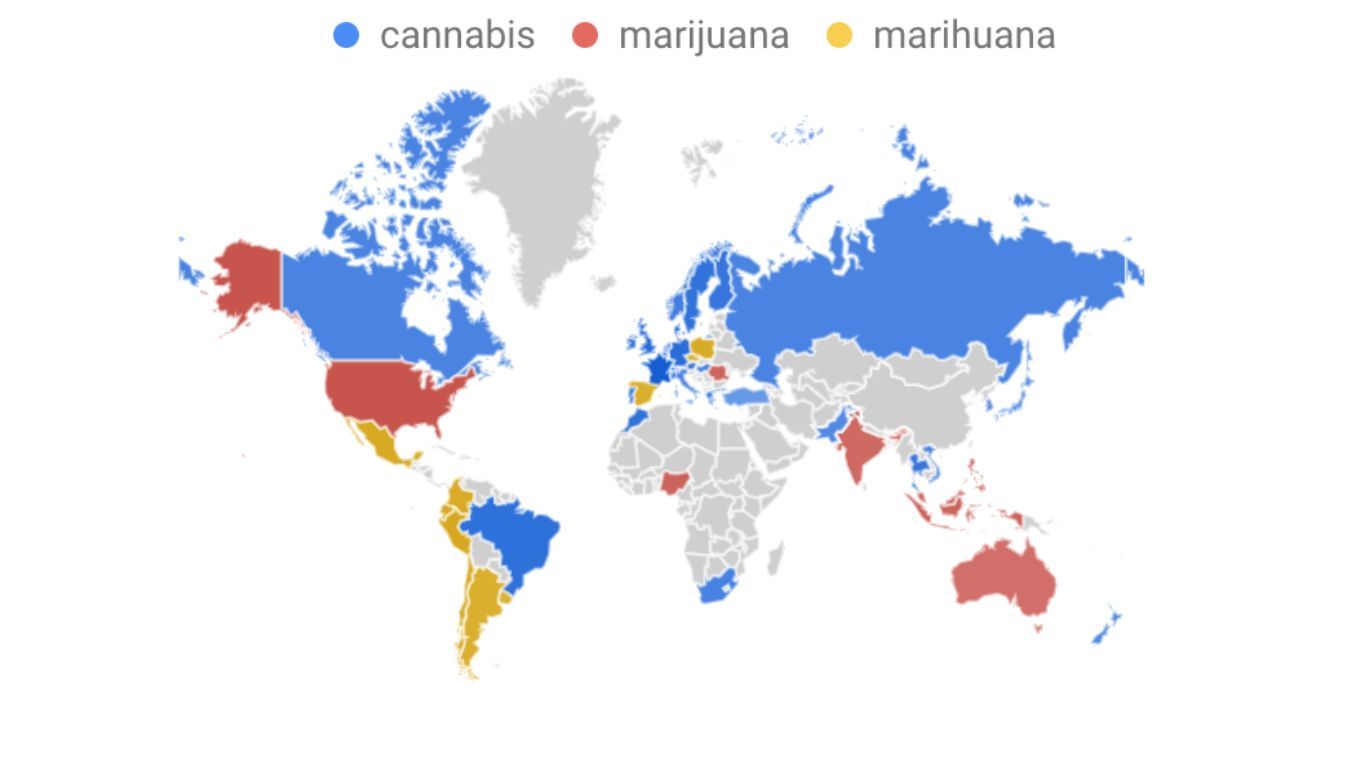
Many in and outside of the cannabis industry say recent recommendations from a government committee looking at new sales channels for some CBD products is a welcome next step in a long process.
The proposed changes come from Health Canada’s recently released Report of the Science Advisory Committee on Health Products Containing Cannabis. The report includes several recommendations for the federal regulator to consider, namely allowing certain limited CBD products to be sold by pharmacists, as well as veterinarians.
How those changes will be made, if at all, into final regulatory changes still remains to be seen, but the release of the long-awaited report is a welcome next step in what will likely still be a year or more in the making.
“I’m not expecting CBD products to be available over the counter for at least another year and a half, if not longer,” says Deepak Anand, cannabis industry consultant and the Principal at ASDA Consultancy Services. Nobody needs to get too excited by it. But it’s a big step.”
This timeline, continues Anand, is because Health Canada will likely still need to engage in their own public and stakeholder consultation process for a change to the Cannabis Act and Regulations.
“I don’t think we’ll see a What We Heard report until the first quarter of next year. Following that, there will have to be discussions with where they want to go with this. Then they will have to publish proposed regulations maybe by the end of that year, followed by regulations maybe the year after that. And that’s if we see anything at all. It will be a long, drawn out process.”
It’s a necessary change that needs to happen. It definitely took a long time for the committee to get these recommendations out, but I think it’s a safe way to approach it and this is the next step. I really hope Canada makes the necessary adjustments and puts this into place sooner than later.
Rahim Dhalla, Pharmacist at Hybrid Pharma
The committee’s recommendations also include calls for more research into CBD products, something Rahim Dhalla, a pharmacist, medical cannabis consultant, and CEO at Hybrid Pharm, a compounding pharmacy and cannabis and wellness centre near downtown Ottawa, says he’s excited by.
The committee unanimously agreed that CBD is “safe and tolerable for short-term use”, with a maximum of 30 days at doses from 20 milligrams per day to a maximum dose of 200 milligrams per day. This is only for oral administration “for healthy adults provided they discuss the use of all other medications and substances used with their pharmacist”.
The report notes a lack of research into how CBD can interact with other medications and into the long-term effects of very high doses of CBD.
“It’s fair to say that everything they are talking about in regard to a lack of studies, a lack of data, anything, and they are playing it on the safe side, which is great. I’m obviously in agreement as a pharmacist that taking higher dosages of CBD can affect the way other drugs are metabolised, it can interact with other drugs, it can have side effects. So I think it’s an appropriate way to go.
“There’s a lot of fundamental research on how it works in the body, but there’s not enough in-depth clinical evidence. And if we want to change doctors’ minds, that’s what we need to go after. And once you get large, randomized, controlled drug trials proving efficacy, this is where we can see massive changes in the way they prescribe.
Dalha agrees with Anand on the expected timeline, noting that various regulatory agencies for pharmacists like the provincial colleges of pharmacists, the Pharmacy Examining Board of Canada, and others will also have to come up with their own guidelines for their members, such as if it should be sold behind the counter and how to provide proper oversight.
“It’s a necessary change that needs to happen. It definitely took a long time for the committee to get these recommendations out, but I think it’s a safe way to approach it, and this is the next step. I really hope Canada makes the necessary adjustments and puts this into place sooner than later.”
The Canadian Association of Veterinary Cannabinoid Medicine has been eagerly awaiting the release of the advisory committee’s recommendations and are pleased to see that they have acknowledged the growing body of evidence that shows both the safety and efficacy of CBD-dominant cannabis products for dogs.
Sarah Silcox, President and Director of the Canadian Association of Veterinary Cannabinoid Medicine
In addition to some CBD products potentially being sold through pharmacies, the committee’s recommendation includes references to CBD for pets—namely dogs—with the guidance of a veterinarian.
Sarah Silcox, a veterinarian and the President and Director of the Canadian Association of Veterinary Cannabinoid Medicine (CAVCM), welcomes the recommendations, even if she would like to see them go further.
“The CAVCM has been eagerly awaiting the release of the advisory committee’s recommendations and is pleased to see that they have acknowledged the growing body of evidence that shows both the safety and efficacy of CBD-dominant cannabis products for dogs,” says Silcox.
“Their recommendation to limit this to dogs with arthritis reflects the focus of the majority of published clinical studies. Unfortunately, the more limited studies on both safety and efficacy for other species and conditions were not found robust enough to make a recommendation, but this is a good first step.”
The subcommittee members agreed that there was only sufficient safety evidence for CBD use in dogs. Specifically, when administered at very low doses between 0.2-2mg/kg orally twice daily. Silcox says she wants to see more research into similar approaches for other animals.
“There is no doubt that the vast majority of recent studies have focused on dogs, so the committee would have had numerous studies in canines to support their recommendation. While we have seen, clinically, that a wide range of other species can benefit tremendously from cannabis, we simply do not yet have the published studies to examine the short and long-term safety in these species.
“While all mammals have an endocannabinoid system, we do know that there can be inter-species differences. Different species can react somewhat differently, require different dosing, and may have variations in their physiological testing with the use of cannabinoids. Before making a formal recommendation to allow products marketed to other species, it will no doubt be important for these unknowns to be more fully investigated.”
Raj Grover, President and CEO of High Tide Inc., which owns several popular CBD brands, shares the optimism of Silcox.
“We are encouraged by the steps being taken by Health Canada, following in the footsteps of the United Kingdom and Australia, to create a regulatory pathway for non-prescription CBD products so that Canadians and their pets can get access to reputable CBD products they can trust.”
Health Canada is inviting interested parties to provide input on the development of a potential regulatory pathway that would permit CBD as a medicinal ingredient in certain health products for human use, regulated under the Food and Drugs Act, which would not require a prescription. This initiative is set out in Health Canada’s Forward Regulatory Plan. Any future regulatory proposals for health products containing CBD will follow regular consultation procedures.
Health Canada is also seeking input on products for animal use to help inform potential policy changes.











